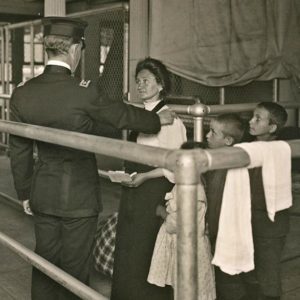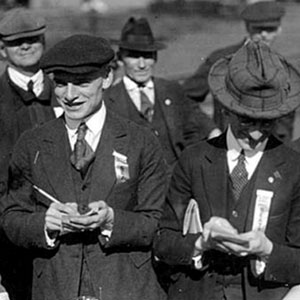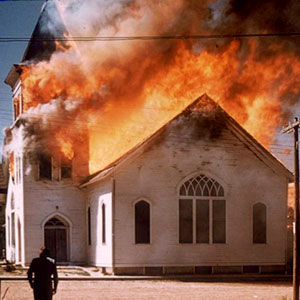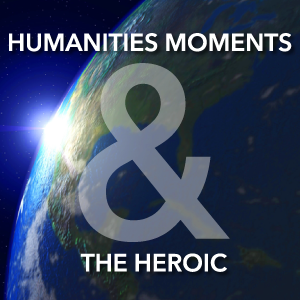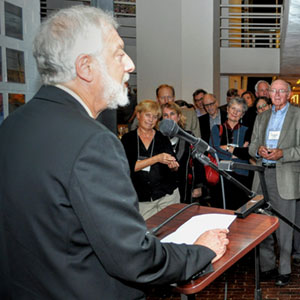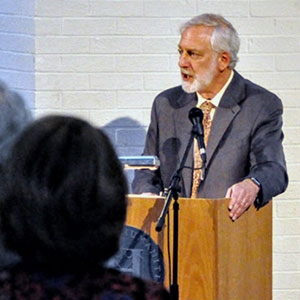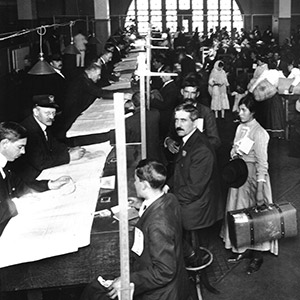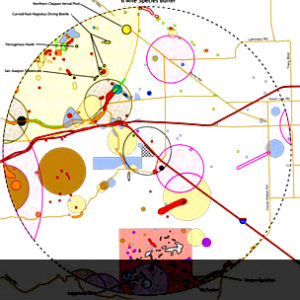
John Corrigan, “The Spatial Humanities”
In recent years, historians, literary theorists, archaeologists, geographers and others have been exploring space—both physical and metaphorical—and the ways that it shapes, and is shaped by, us. Host Richard Schramm talks with John Corrigan about “the spatial humanities,” a turn in academic research that brings together scholars from diverse fields, using new digital tools to better understand how we live in our spaces and how those spaces influence economics, politics, and culture.
